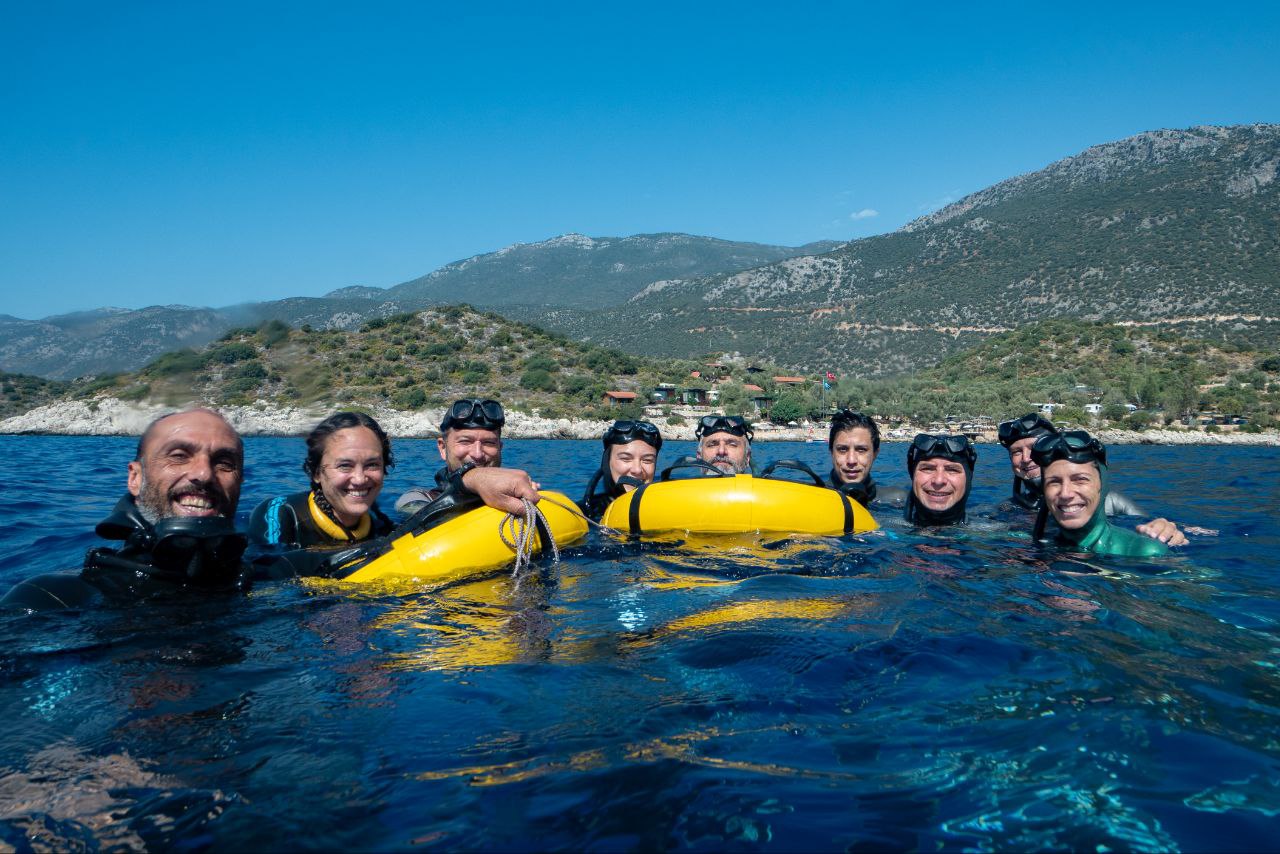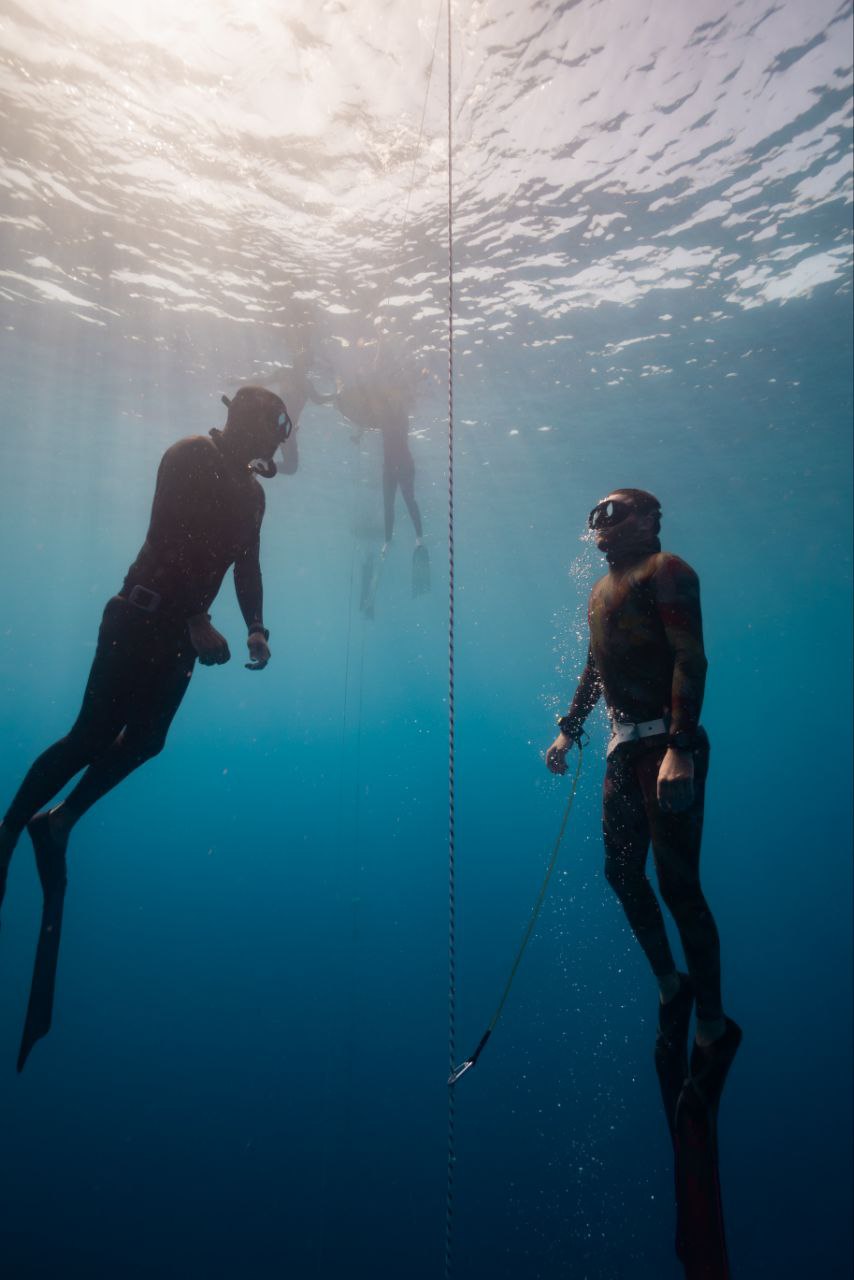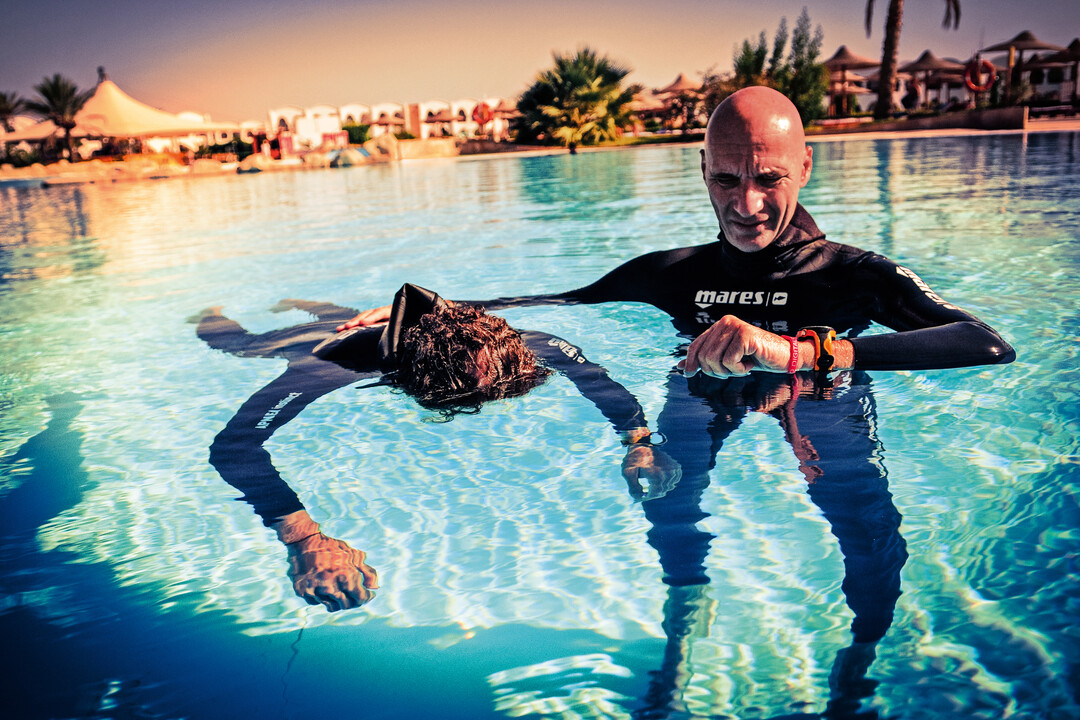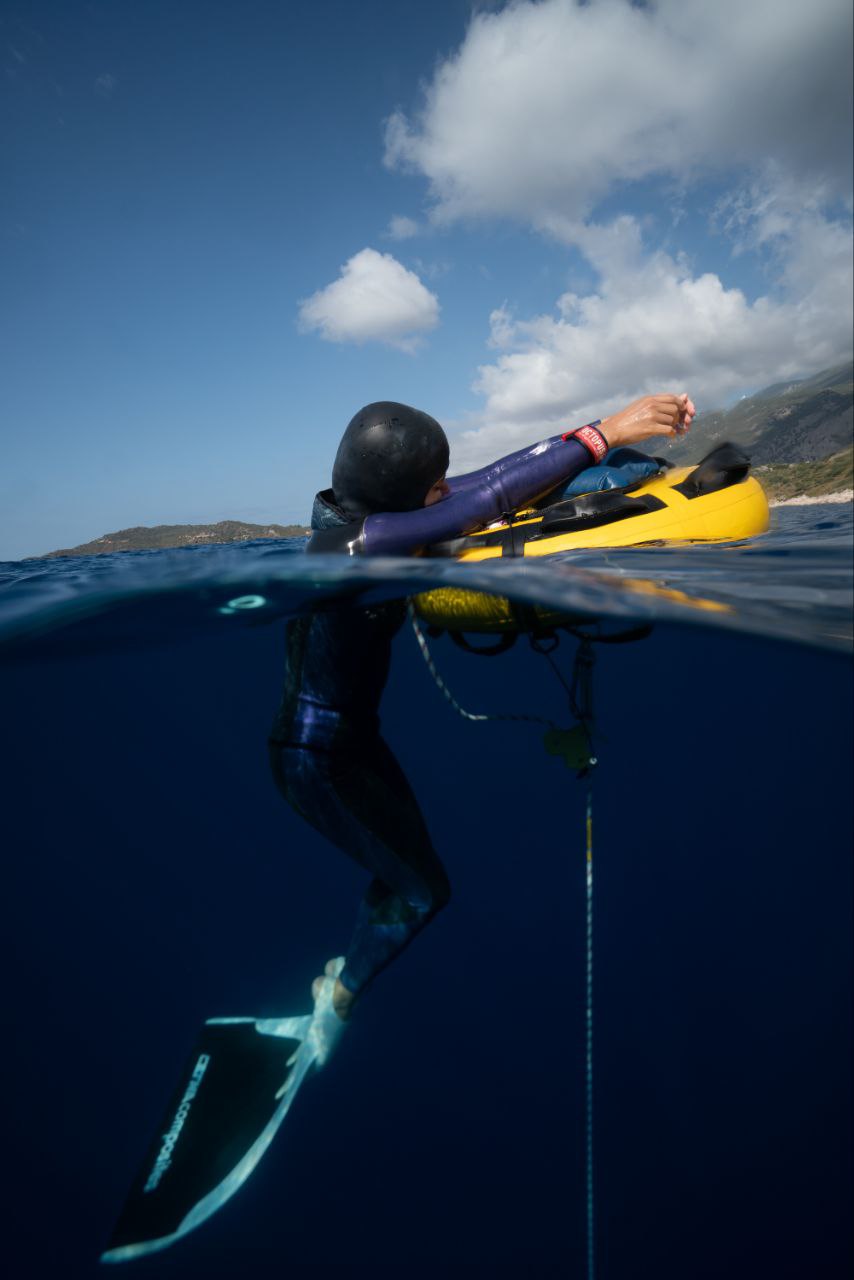“Breath Mastery: A Freediver’s Guide to Breath Control”
“Breath Mastery: A Freediver’s Guide to Breath Control”
Hello, I’m Adnan! Welcome to the enchanting world of freediving. In this piece, I’ll delve into a fundamental element that allows for a deeper and more conscious experience: breath control.
Freediving is a sport that requires a harmony not only with your body but also with your mind. Breath control plays a crucial role in establishing this balance. Let’s explore the key points that a freediver should consider regarding breath control.
1. Mindful Breathing
First and foremost, you should focus on consciously taking your breaths. Taking deep breaths allows your lungs to expand fully, aiding your body in accessing more oxygen. However, this is just the beginning. Syncing your breaths with an internal rhythm provides real control.
2. Rhythmic Breathing Techniques
During freediving, breath control and techniques are crucial. Here are some breathing techniques you can use while freediving:
Deep Breathing: Taking deep breaths before freediving is important to fill your lungs completely and store oxygen. Inhale slowly and deeply, hold for a few seconds, and then exhale slowly.
Diaphragmatic Breathing: Diaphragmatic breathing involves breathing using the abdominal area. Inhale while filling your abdominal area, then exhale without moving into the chest area. This technique can help you intake more oxygen and control your breath more effectively.
Concentration and Rhythmic Breathing: Breathing rhythmically during freediving is essential. Regular and rhythmic breathing helps your body relax, optimizes oxygen consumption, and maintains balance during dives.
Breath Holding: Holding your breath for a certain period during freediving can help your body utilize oxygen more effectively. However, this is a technique applicable to trained and experienced divers, and it’s crucial not to push your limits during breath-holding.
Breath Control and Relaxation: Learning to control and relax your breath before and during dives is crucial. Stress can accelerate your breathing, increasing oxygen consumption. Taking deep and controlled breaths relaxes the body and allows for longer durations underwater.
However, safety is always the most important factor when learning breath techniques during freediving. Working with a professional instructor, learning the correct techniques, and understanding your limits are crucial. Additionally, in case of any concerns or issues underwater, resurfacing immediately is essential.
3. Preparation for Deep Dives
Preparing your body and mind before deep dives is crucial. Coming up to the surface and taking a few deep breaths not only saturates your body with oxygen but also helps in calming yourself. This stage is key to reducing pre-dive stress and making a more controlled attempt.
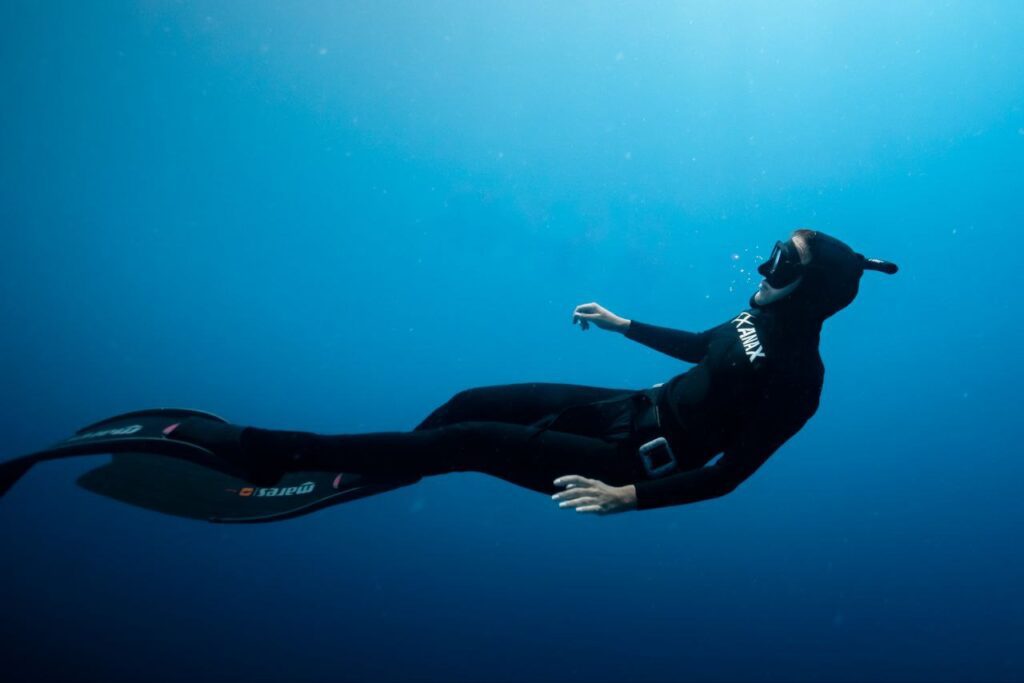

In deep waters, you might feel a sudden shortage of breath. Instead of panicking, staying calm and breathing in a controlled manner is important. Conscious breathing can help you regain composure, allowing you to stay in deep waters for longer.
5. Regular Training
Breath control is a skill that can be developed not just during dives but also in your daily life. Activities like yoga and meditation can help you use your breath more effectively. Regularly dedicating time to these activities can enhance your freediving performance.
6. Living the Moment
Breath control isn’t merely a physical process; it also requires mental preparedness. During deep dives, consciously experiencing each breath and living in the moment can help you establish a real connection. Listen to the sounds of the water around you, explore the colors underwater, and experience each breath consciously.
7. Calming Your Breath
In deep waters, environmental factors and different water conditions might affect your breath control. Harsh winds, turbulent seas, or pressure changes at different depths can impact your breathing pattern. At this point, focus and patience are crucial to calming your breath. Accept each moment as it is and use your breath to adapt to this natural diving environment.
8. Training and Reliability
Breath control is a cornerstone of freediving, so receiving professional training to improve this skill is crucial. Working with a specialized instructor helps in learning the correct techniques and enhancing your breath control safely. Also, ensuring the reliability of your diving equipment ensures comfort during dives.
Breath control is not just a skill but an art in the world of freediving. This guide aims to steer you toward learning and developing this art. Every dive will enrich with your ability to control your breath and establish a deeper connection with the underwater world.
Remember, freediving isn’t just a physical activity but also a mental experience. Breath control is a powerful tool to make this experience more conscious and profound. Are you ready to dive into the tranquil world underwater and use your breath freely?
I hope this breath control guide aids you in your freediving journey, making this extraordinary experience even more memorable. Now, prepare your diving gear and embark on a journey into the depths of the ocean!
In conclusion, breath control is an essential part of freediving. Developing this skill not only enriches your diving experience but also benefits you in your daily life. Remember, breathing isn’t just an action; it’s an art. Take a deep breath now and enjoy the underwater world!
I hope this guide assists you in your freediving journey. Until we meet in the depths of the sea!
Best regards, Adnan


